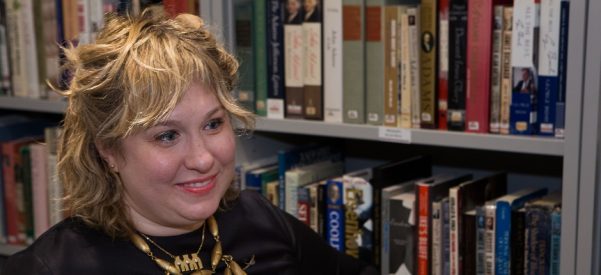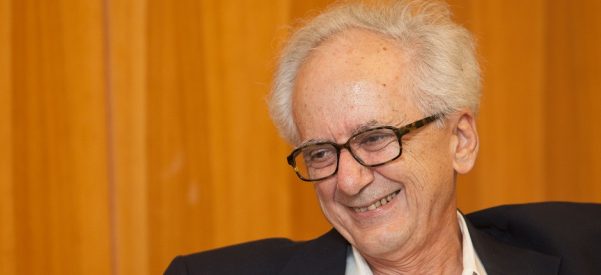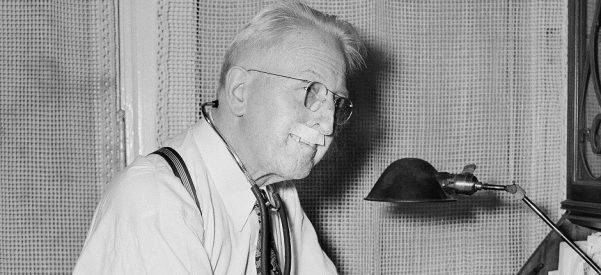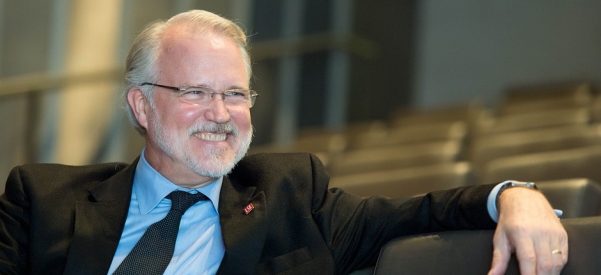The Epic Bar Fight That Sums Up the Problem with Memorial Day
A Depression-era Story of Mourning, Motherhood, and Grandiosity
On Memorial Day, 1930, Mrs. Mathilda Burling of New York stood before the headstone of her son, Private George B. Burling, Jr. at grave 17, row 29, at the St. Mihiel American Cemetery in Thiaucourt, France. Burling, an imposing matriarch in a cloche hat and glasses, savored the realization that her decade-long struggle to persuade the government to ensure the right of Gold Star mothers to stand before the graves of their sons had indeed succeeded beyond all expectations. She …











